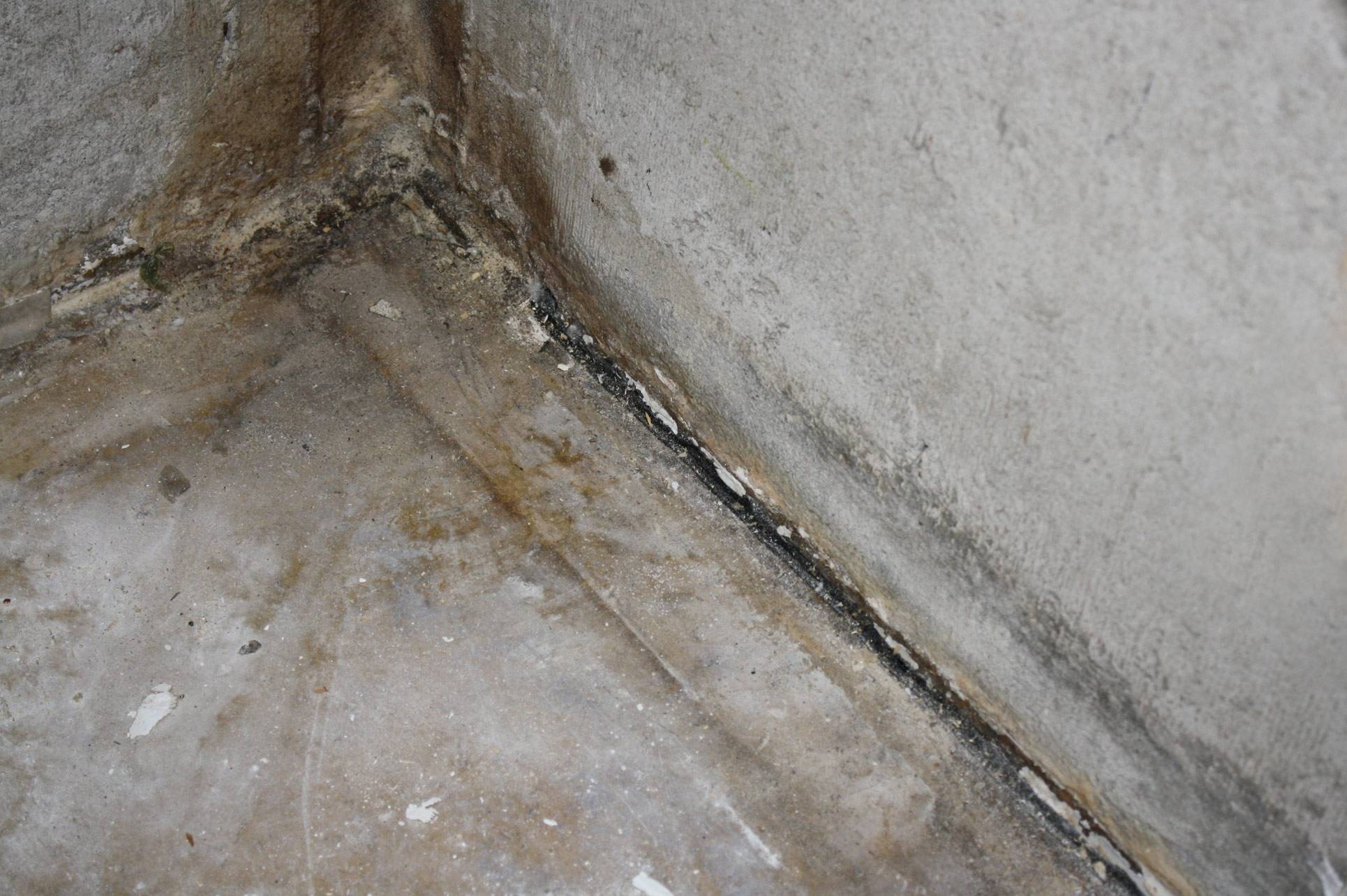Unveiling Common Sources Behind Residential Water Leak Issues
Unveiling Common Sources Behind Residential Water Leak Issues
Blog Article
This post following next in relation to How Fast Water Damage Can Ruin Your Home is unquestionably insightful. Don't miss it.
Leakages not only cause waste of water but can additionally trigger unnecessary damage to your home and also advertise unwanted natural growth. By understanding and looking for day-to-day scenarios that trigger leaks, you can secure your residence from future leakages and unneeded damage.
Immediate temperature modifications.
Severe temperature modifications in our pipes can trigger them to increase as well as get unexpectedly. This development and contraction might cause cracks in the pipes, especially if the temperature are below freezing. If you maintained an eye on exactly how your plumbing works, it would be best. The visibility of the formerly stated conditions regularly suggests a high danger.
Rusty water supply
This could be the cause of discoloration or bending on your water pipes. If our plumbing system is old, think about changing the pipelines because they are at a higher danger of corrosion than the more recent designs.
Defective Pipe Joints
The point at which your pipes link is frequently the weakest web link in the waterline. Pipeline joints can wear away in time, causing water leaks. Regrettably, the majority of pipeline joints are not easily visible. If you have noisy pipes that make ticking or banging sounds, particularly when the warm water is activated, your pipeline joints are most likely under a lot of pressure. It is a good idea to have your plumber inspect your system yearly.
Trespassing roots
Most water leaks begin outside your home instead of inside it. If you see an abrupt reduction in water pressure, state in your tap, take time to head out and analyze your yard. You could discover damp patches or sinkholes in your yard, and that might indicate that tree roots are invading water lines causing water to permeate out. You can have your plumber look for breach, specifically if you have trees or hedges near your property.
Poor Water Connectors
At times, a leakage can be triggered by loose pipes and pipelines that supply your devices. In case of a water links leakage, you may see water running directly from the supply line or pools around your appliances.
Obstructed Drains
Blocked drains might be aggravating as well as inconveniencing, but they can occasionally wind up triggering an overflow leading to rupture pipelines. Keep getting rid of any kind of materials that might decrease your drains that can obstruct them to prevent such inconveniences.
All the above are sources of leaks yet not all water leaks result from plumbing leakages; some leakages might come from roof covering leaks. All leakages must be fixed immediately to avoid water damages.
Leakages not only cause waste of water but can additionally trigger unnecessary damage to your residence as well as promote undesirable natural development. By looking and also comprehending for daily situations that create leaks, you can shield your house from future leaks as well as unneeded damage. Today, we will certainly look at six leakage creates that may be creating your pipes to leak.
At times, a leakage can be created by loosened hoses as well as pipelines that provide your devices. In situation of a water links leakage, you might see water running directly from the supply line or puddles around your appliances.
How To Check For Water Leak In Your Home
How To Check for Leaks
The average household's leaks can account for nearly 10,000 gallons of water wasted every year and ten percent of homes have leaks that waste 90 gallons or more per day. Common types of leaks found in the home are worn toilet flappers, dripping faucets, and other leaking valves. These types of leaks are often easy to fix, requiring only a few tools and hardware that can pay for themselves in water savings. Fixing easily corrected household water leaks can save homeowners about 10 percent on their water bills.
To check for leaks in your home, you first need to determine whether you're wasting water and then identify the source of the leak. Here are some tips for finding leaks:
Take a look at your water usage during a colder month, such as January or February. If a family of four exceeds 12,000 gallons per month, there are serious leaks.
Check your water meter before and after a two-hour period when no water is being used. If the meter changes at all, you probably have a leak.
Identify toilet leaks by placing a drop of food coloring in the toilet tank. If any color shows up in the bowl after 10 minutes, you have a leak. (Be sure to flush immediately after the experiment to avoid staining the tank.)
Examine faucet gaskets and pipe fittings for any water on the outside of the pipe to check for surface leaks.
Undetected water leaks can happen without the home or business owner even realizing. If you suspect a water leak, but not able to find the source. It is time to contact a professional water leak detection service, The Leak Doctor.
How To Find a Water Leak In Your Home
https://www.leakdoctor.com/blog/How-To-Check-For-Water-Leak-In-Your-Home_AE197.html

I recently found that piece of writing on How to Find Water Leaks while doing a search on the web. So long as you enjoyed reading our blog post kindly do not forget to share it. Thank-you for your time spent reading it.
Stay calm, contact! Report this page